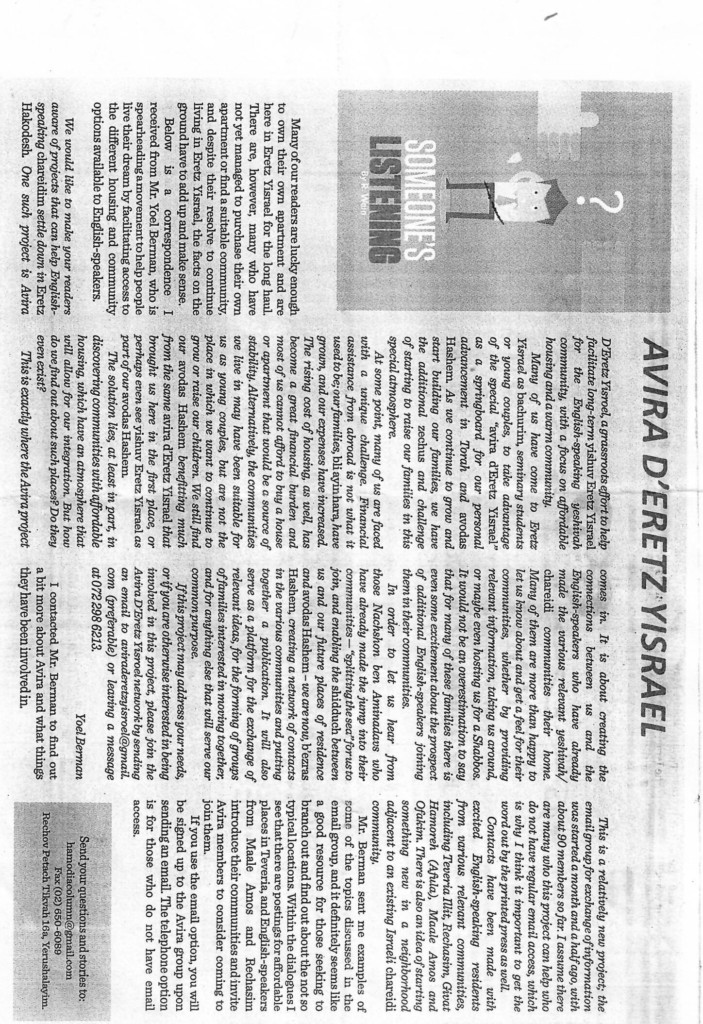I had wanted to write about this for a while, but I refrained, since I knew that many would just dismiss my words as lacking credibility. However, people with more credibility than myself are now saying the same thing – albeit anonymously. Rabbi Daniel Eidensohn reported a conversation that he had with an establishment charedi Rav, close with the Gedolim, who stated that the Charedi rabbonim’s requirements regarding reporting abuse is contrary to halachah, and explained bluntly that they are “afraid” about “being labeled a shaygetz.” And Jonathan Rosenblum, the Gedolim’s PR man and hagiographer, reports that one of the members of the Moetzes Gedolei HaTorah of the United States told him that “the gedolim cannot even discuss questions surrounding poverty because if they did the ‘street’ would just label them fake gedolim.”
This is exactly what I saw in the controversy over my books, in a variety of ways too numerous to list in their entirety. But here are some examples:
- One Torah website, which had formerly distributed a number of my essays, frantically sent out a mass e-mail to all their subscribers assuring them that they would never do so again and that all my essays (none of which were remotely controversial) had been deleted from their site. They were clearly driven by fear.
- Rav Aharon Feldman, while no fan of the rationalist approach, was sickened (literally – and I mean that literally) by the ban. Yet he switched sides after spending time in Israel and being criticized for not being adequately supportive of the Gedolim. (He told me words to this effect personally!) My impression was that he was afraid of being labelled disloyal.
- One of the younger rabbonim who had guided me in much of my writings sent me a proposed revised version of The Camel, The Hare And The Hyrax. It was edited beyond recognition – and to my mind, the edits were aimed not at making the book better from a Torah-True (TM) perspective, but rather at avoiding criticism from the right.
This last point was most significant to me. I do not believe that one should write everything that one wants to write – one has to consider the greater good of the community. But in the charedi world, such considerations were clearly going to be outweighed by the fear of being criticized for not being frum enough. I could not continue my writing career while operating in fear of attacks from the right. With books such as mine, which deal with important and sensitive subject matter, there are many difficult editorial decisions to be made; I did not want to also have to deal with concerns by me, by those who write approbations, and by my distributor about fears as to what people on the right will say. I had to be able to publish that which needed to be published – and thus to take my publishing out of the charedi world.
Now, for all those who would smugly condemn people who act out of fear – remember Chazal’s dictum that one should not judge a person until you are in their place. People who are embedded in that community really do have good reason to be afraid! Their careers, their social standing, their children’s education and shidduchim, really could be on the line. (However, it should be pointed out that such fear does seem to contradict the notion of bitachon.)
In fact, for me to leave the charedi community and continue to publish my books was not an act of bravery. It was an act of leaving a situation of fear, at a time in my life when it was relatively easy to do so. But it was the right thing to do. It’s very harmful to be in a community in which decisions are based upon of fear of man rather than fear of God.
(Please note that fascinating comments on the previous post are still coming in. Don’t miss them!)

